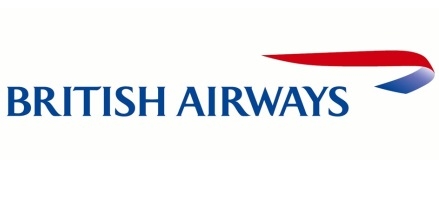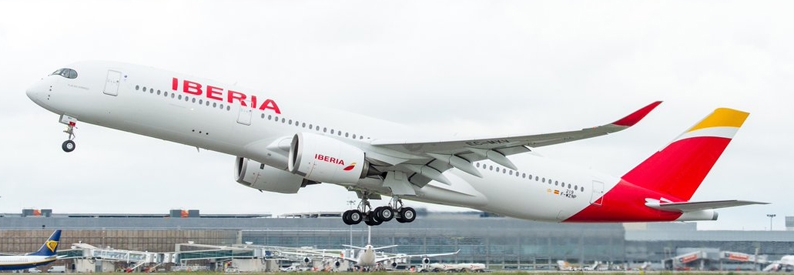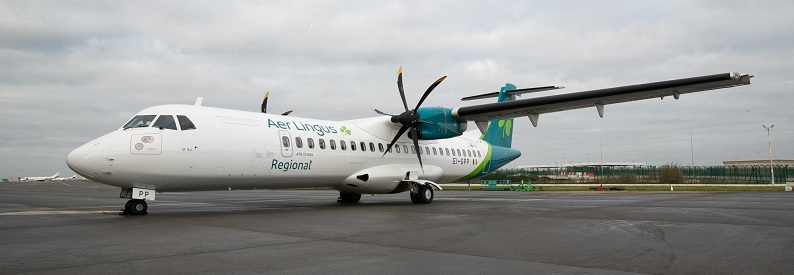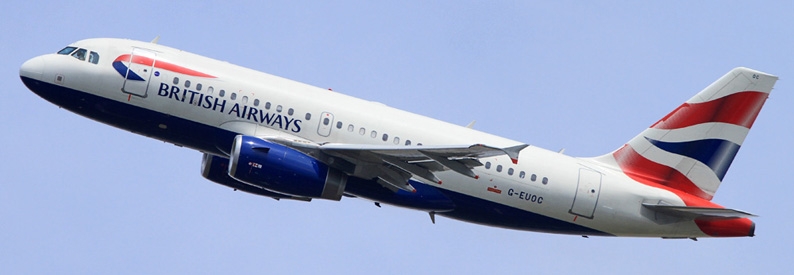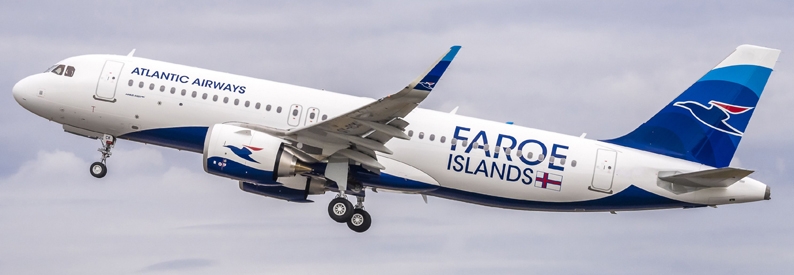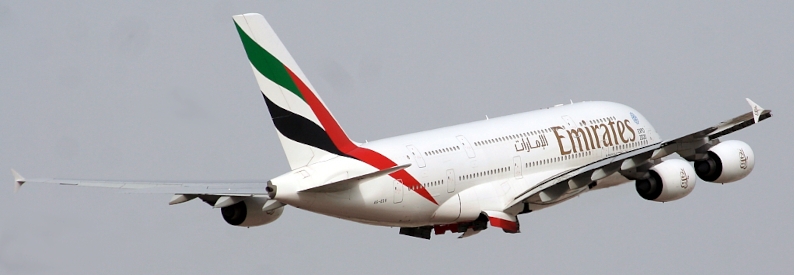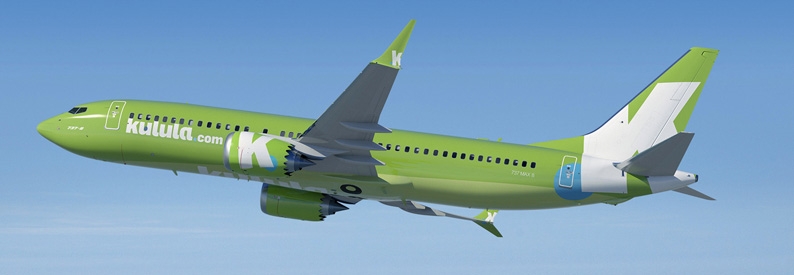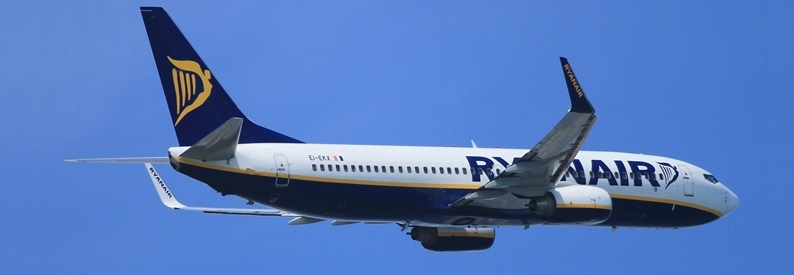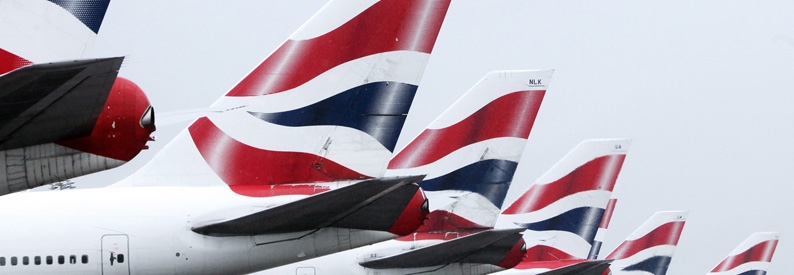British Airways (BA, London Heathrow) has been banned from operating flights to Hong Kong International until Christmas under tough new restrictions aimed at preventing the import of COVID-19 infections.
The 14-day ban, effective from December 12, was invoked by Hong Kong’s Department of Health after four people on flight BA27 on December 8 were found to be infected, reports the South China Morning Post.
Under newly revised and stricter rules, Hong Kong is issuing two-week bans on airlines even if one arriving passenger tests positive for COVID. Carriers were previously sanctioned only if five or more passengers tested positive for the dreaded virus, or if a total of at least three infected passengers arrived on two consecutive flights. The new requirements place stricter emphasis on airlines' compliance with regulations governing the passenger screening process.
Hong Kong still has strict rules for travel, with entry denied to anyone who is not a resident or a spouse or child of a resident. All arrivals must undergo compulsory quarantine for two weeks.
BA was one of four international airlines to be sanctioned by Hong Kong, along with Emirates (EK, Dubai International) and KLM Royal Dutch Airlines (KL, Amsterdam Schiphol). Emirates received its ban after passengers on two separate flights from Dubai International via Bangkok Suvarnabhumi on December 2 and 3 tested positive for the coronavirus. KLM was found to have breached the new rules last week, prompting the government to ban its Amsterdam Schiphol-Hong Kong flight from December 4 to 17. Air India (AI, Delhi International) had also been issued with five separate bans since the pandemic's start, the report said.
“We are disappointed to have been instructed by the Hong Kong authorities to temporarily suspend our passenger flights from London Heathrow to Hong Kong and are working closely with the authorities to resume these services,” British Airways said in a statement.
Meanwhile, the UK flag carrier announced it had partnered with hydrogen aircraft startup ZeroAvia to speed up the switch to hydrogen power for commercial aircraft.
BA will work with ZeroAvia on the potential for its future fleet to use hydrogen fuel, the company announced in a statement. ZeroAvia in September 2020 achieved the first hydrogen fuel cell-powered commercial-size flight with a Piper (single piston) M-Class six-seater aircraft from Cranfield.
The project is part of IAG International Airlines Group’s Hangar 51 tech accelerator programme that gives small companies a chance to test their technology on a global scale. ZeroAvia aims to demonstrate its technology on longer flights and hopes to fly more than 1,000 miles in aircraft with more than 100 seats by 2030. At the end of the programme, research and learnings from the process will be shared, and the ZeroAvia and Hangar 51 teams will consider how the partnership will progress longer-term.
The partnership was announced as the airline retired its final B747-400, G-BYGC (msn 25823), at St. Athan in Wales, four years earlier than planned to make way for more fuel-efficient models.
Under the lead of IATA and ICAO, airlines are committed to reducing net aviation CO2 emissions by 50% by 2050, relative to 2005 levels. Hydrogen is increasingly gathering momentum as a possible solution to decarbonise aviation. Airbus (AIB, Toulouse Blagnac) has plans for a hydrogen-powered aircraft by 2035. Hurdles that will have to be overcome will be developing the infrastructure needed to support the technology.
In 2021, ZeroAvia expects to further demonstrate its technology's credibility at longer ranges and using larger aircraft. The company expects to achieve the commercialisation of hydrogen-electric power for aircraft as early as 2023 with flights of up to 500-miles in up to 20-seater aircraft. By 2027, it plans to have powerplants in service capable of powering commercial flights of over 800 kilometres in aircraft with up to 100 seats and by 2030 more than 1,600 kilometres in aircraft with 100+ seats.
Commented BA chief executive Sean Doyle: "In the short-term, this means improving our operational efficiency and introducing carbon offset and removal projects, while in the medium to longer-term, we’re investing in the development of sustainable aviation fuel and looking at how we can help accelerate the growth of new technologies such as zero-emissions hydrogen-powered aircraft.”
- Type
- Base
- Aircraft
- Destinations
- Routes
- Daily Flights
